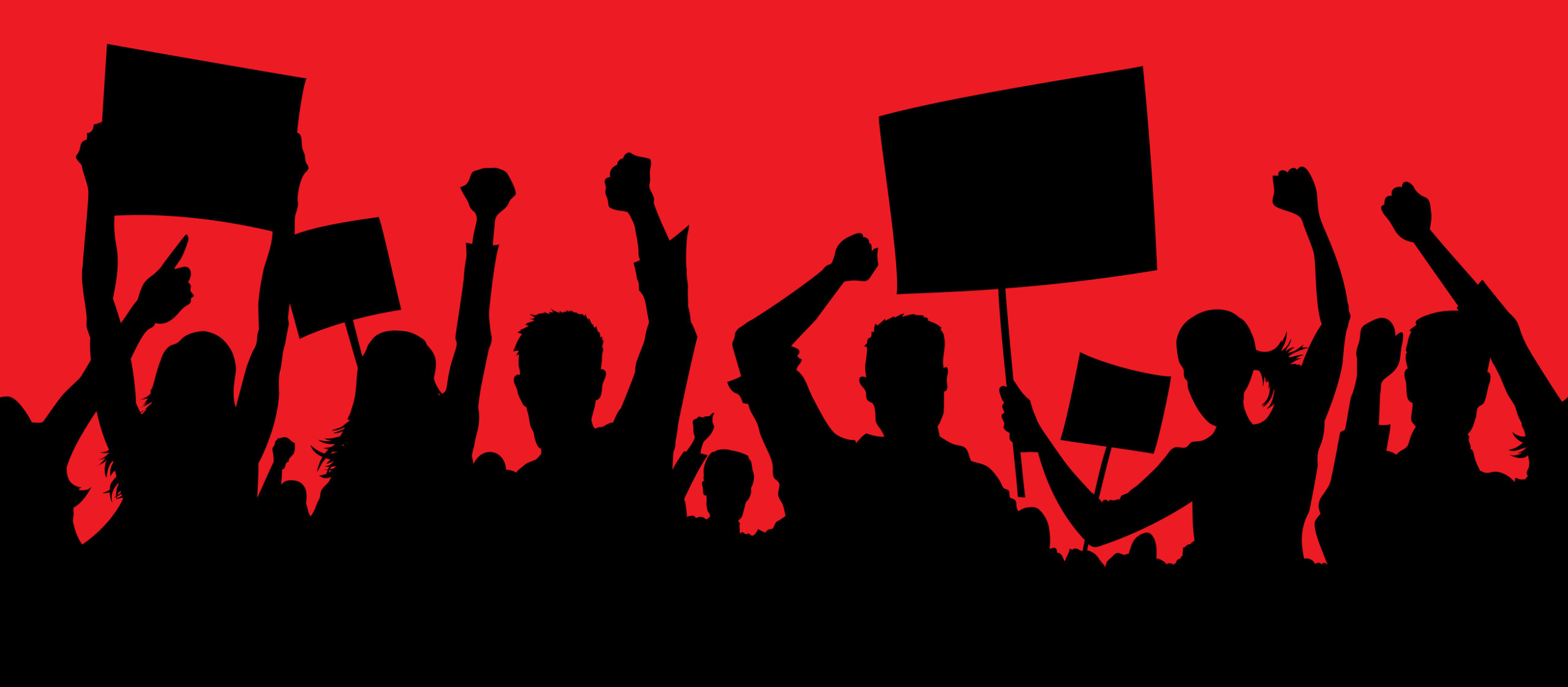RIO DE JANEIRO, BRAZIL – Latin American liberalism must come out of its own “closet” to settle the debt it has with the LGBTIQ community, according to a group of young people from the region criticizing those who defend political and economic freedoms but at the same time oppose rights such as gay marriage.
This is reflected in the book “Freedom and Prejudice”, a compilation of essays by 13 authors from 7 countries where they confront with personal testimonies and legal and ethical arguments the homophobic and anti-rights speeches that have traditionally characterized a broad sector of liberals in the economic field.

“The essence of liberalism is the freedom of the person and, when we talk about sexual diversity, we are talking about people’s freedoms, as equal as economic freedoms”, explains to Efe, the director of the Instituto Político para la Libertad (IPL) of Peru and co-editor of the book, Yesenia Álvarez.
“We find it hard to believe that within liberalism, there are people who present themselves as liberals but find excuses not to fight against homophobia and embrace the flag of LGBTIQ rights,” she adds. For Alvarez, “these illiberal and anti-rights discourses are promoted as ‘profamily’ and yet they have long generated the destruction of the family by promoting the rejection of that person who is different.”
“Even though as liberals we believe that the defense of freedom is for its own sake, those people must be taught that sexual diversity is part of human nature,” he adds.
THE RIGHT TO BE HAPPY AND FREE
In addition to Alvarez, in this book published with the support of the IPL, the Friedrich Naumann Andean Countries Foundation, and the Atlas Network organization, there are essays by lawyers Andrés Ricaurte (Ecuador), José Benegas (Argentina), and Andrea Rondón (Venezuela), as well as by transgender historian Valentina Verbal (Chile).
The book also contains essays from journalist and lawyer Fernando Berckemeyer (Peru), philosopher Felipe Schwember (Chile), political scientist Antonella Marty (Argentina), communicator Diego Ato (Peru), lawyer Aura Arbulú (Peru), public policy and development specialist María Cecilia Villegas (Peru) and economist Iván Carrino (Argentina).
“How does a person’s right to be happy and free run counter to liberalism? The book tries to put the focus on that,” notes Alvarez, who was inspired to promote this view by an article by Peruvian writer Mario Vargas Llosa in which the Nobel laureate criticized the homophobic murder of Chilean Daniel Zamudio in 2012.
“It is not possible for liberalism to tell you that you must reject a son for being different. With that, you are promoting their suffering, and liberalism is not related to anything that generates suffering,” argues the book’s co-author.
ANTIDOTE TO MYTHS
Through this series of essays, the authors’ goal is also to demystify all the arguments launched against the rights of the LGBTIQ community, such as that they are “special” freedoms or that there is no place for them because they are not a condition marked by nature.
“We have to fight institutional homophobia, that which comes from the State and discriminates through the law and its organs, but also social homophobia, which is the one that comes from the family and groups of friends, and that is the one that political and religious leaders try to whip up,” comments Alvarez.
“There is a construction of myths, often the product of religion and political leaders who do not understand sexual diversity, blur it, and are not understood. That is why you see that there are people who say it is a disease when it has been proven for 40 years that it is not,” he continues.
OCEANIC TASK AHEAD
For the liberal activist, it is undeniable that religion’s influence throughout “centuries of both religious and political discourses have also contributed to reject sexual diversity.” “It has always been left to these groups that defend an agenda that deliberately deny rights to be the ones talking about the issue,” she laments.
In that sense, Alvarez believes that “it is a matter of time” for LGBTIQ rights to gain greater acceptance, but for that to happen, more dissemination is needed because “the task is oceanic.”
“It is necessary to educate and talk more about this issue and disprove everything that has been done, which is a task not only of liberals but of any democrat. We need to talk and spread the word more,” said Álvarez.
In short, to join forces from all sectors for education for freedom. “What matters is the person and their freedom, and LGBTIQ rights are in that sphere that we must protect”, concludes Álvarez.

